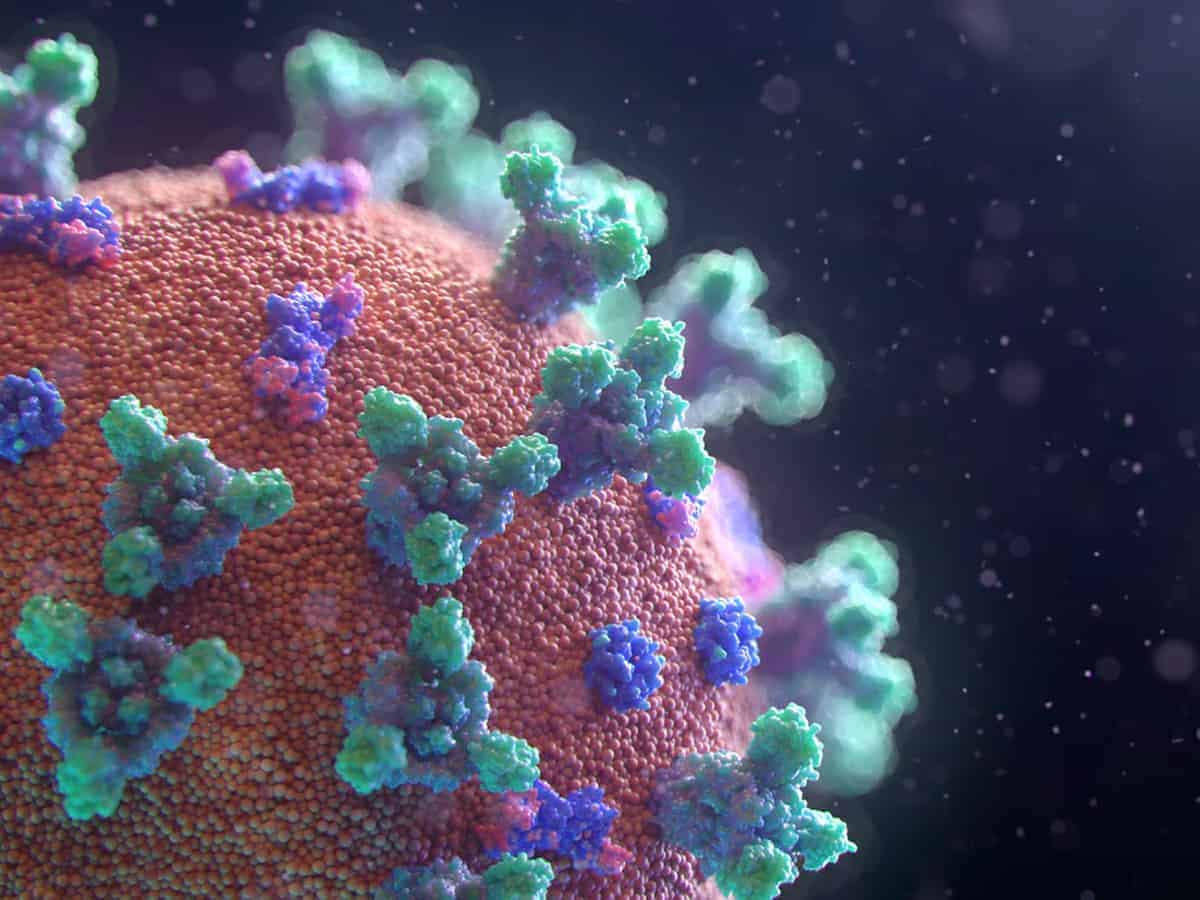
Washington: People who had COVID-19 infection are 55 per cent more likely to develop seizures or epilepsy within six months of recuperating from the disease than those who contracted influenza and the risk is more noticeable among children than adults, a study has found.
The seizure or epilepsy risk was also more noticeable among people who did not need hospitalisation for COVID-19, the study published in the journal Neurology said.
For the study, the researchers looked at a health records network for people with COVID-19 infections. They were matched to people who were diagnosed with influenza during the same period and who were similar in age, sex and other factors, such as other medical conditions.
There were 1,52,754 people in each of the COVID-19 and influenza groups.
According to the study, new cases of epilepsy or seizures were observed in 0.94 per cent of the people who had COVID-19, compared to 0.60 per cent of those who had influenza.
“The overall risk of developing seizures or epilepsy was low — among less than 1 per cent of the COVID-19 infected. However, given the large number of people who have contracted COVID-19, this could result in quite a large number of seizure and epilepsy cases,” said study author Arjune Sen of the University of Oxford.
“In addition, the increased risk of seizures and epilepsy in children gives us another reason to try to prevent COVID-19 infections in kids,” he said, adding, “People should interpret these results cautiously since the overall risk is low.” “We do, however, recommend that healthcare professionals pay particular attention to individuals who may have more subtle features of seizures, such as focal aware seizures, where people are alert and aware of what is going on, especially in the three months following a less severe COVID-19 infection.” None of the participants in the study had previously been diagnosed with epilepsy or recurrent seizures. The researchers then looked at whether these people developed epilepsy or seizures in the following six months.
A limitation of the study was that researchers were unable to identify which specific virus variants people were infected with, which could have influenced results.
